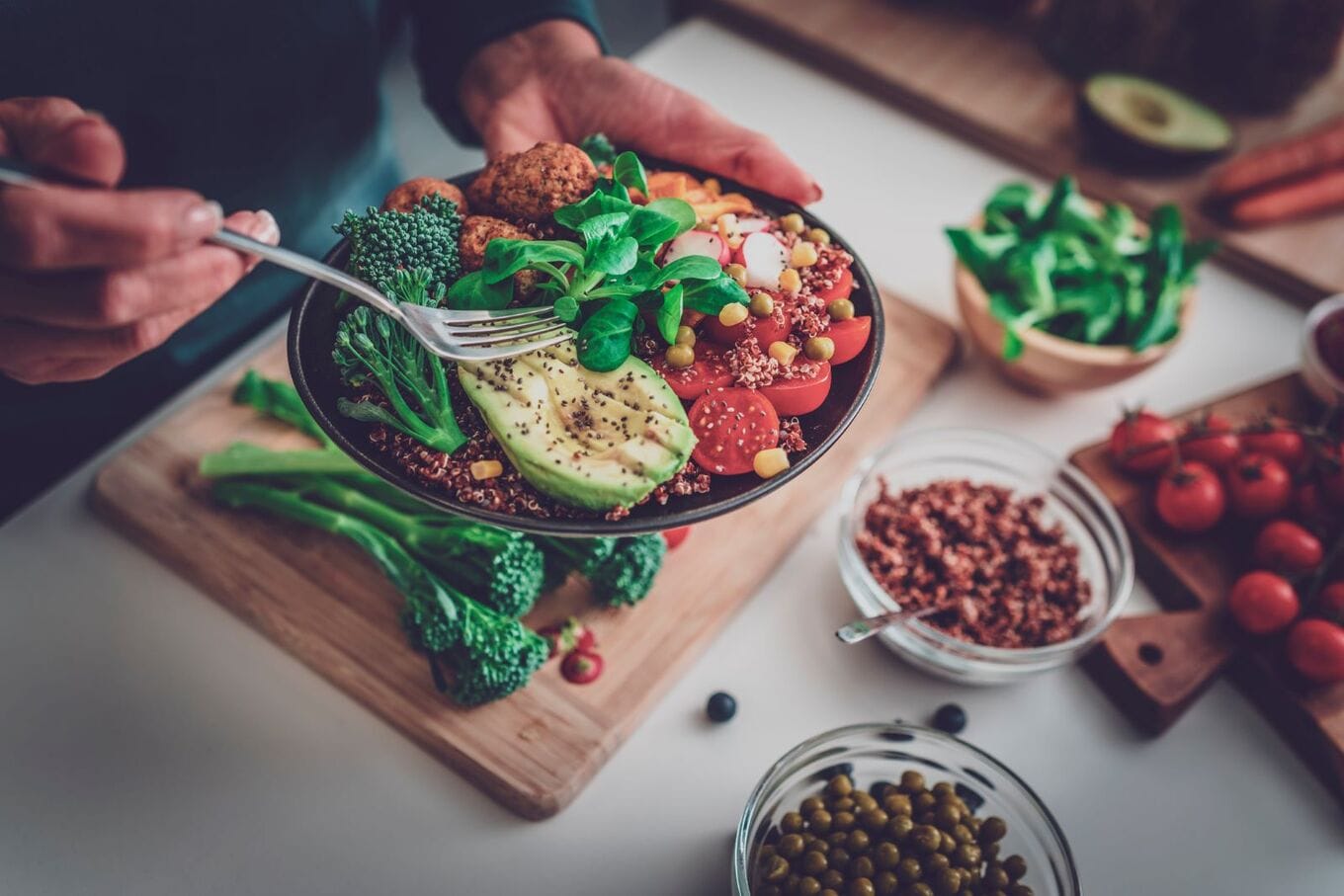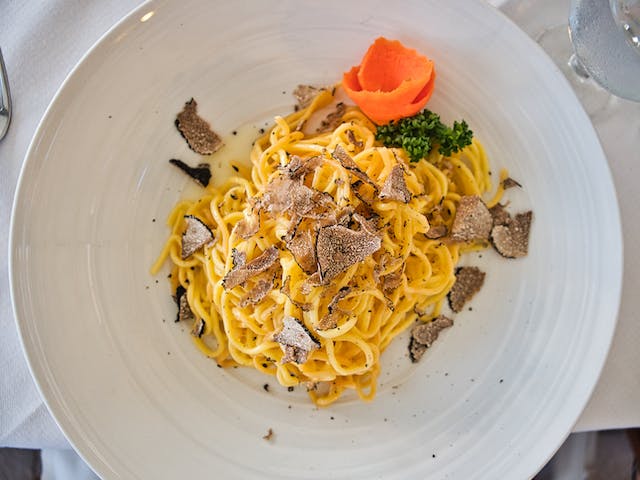Does an apple a day really keep the doctor away? The answer is “yes” according to a new study published this week in the scientific journal American Journal of Clinical Nutrition.
In the study, researchers set out to better understand the role of flavonols (a group of plant compounds) and specific flavonoids on frailty—a condition common within 10 to 15 percent of older people that is characterized by a greater risk of falls, fractures, disability, hospitalization, and mortality.
CottonBro Studio/Pexels
“There may be some validity to the old saying, ‘An apple a day keeps the doctor (or frailty) away,’” the authors said in a statement. “Our findings suggest that for every 10 mg higher intake of flavonols per day, the odds of frailty were reduced by 20 percent.”
How can people protect themselves against frailty? “Individuals can easily consume 10mg of flavonols intake per day since one medium-sized apple has about 10mg of flavonols,” the authors said.
Table of Contents
Plant foods to reduce frailty risk
The study was conducted by researchers at Beth Israel Deaconess Medical Center, Harvard Medical School (and affiliate Hebrew SeniorLife), and the Hinda and Arthur Marcus Institute for Aging Research.
For the study—one of the first comprehensive community-based examinations of the role of dietary flavonoids for frailty prevention—researchers utilized data from The Framingham Heart Study-Offspring Cohort to determine the association between flavonoid intake and frailty onset.
The study included a total of 1,701 participants who were free from frailty at the onset. Researchers followed these individuals for 12 years and, using the Fried Frailty Phenotype test, determined that 13.2 percent of them had developed frailty.
“Although there was no significant association between total flavonoid intake and frailty, higher flavonols intake (one of the subclasses of flavonoids) was associated with lower odds of developing frailty,” co-authors Shivani Sahni, PhD, and Courtney L. Millar, PhD said in a statement.
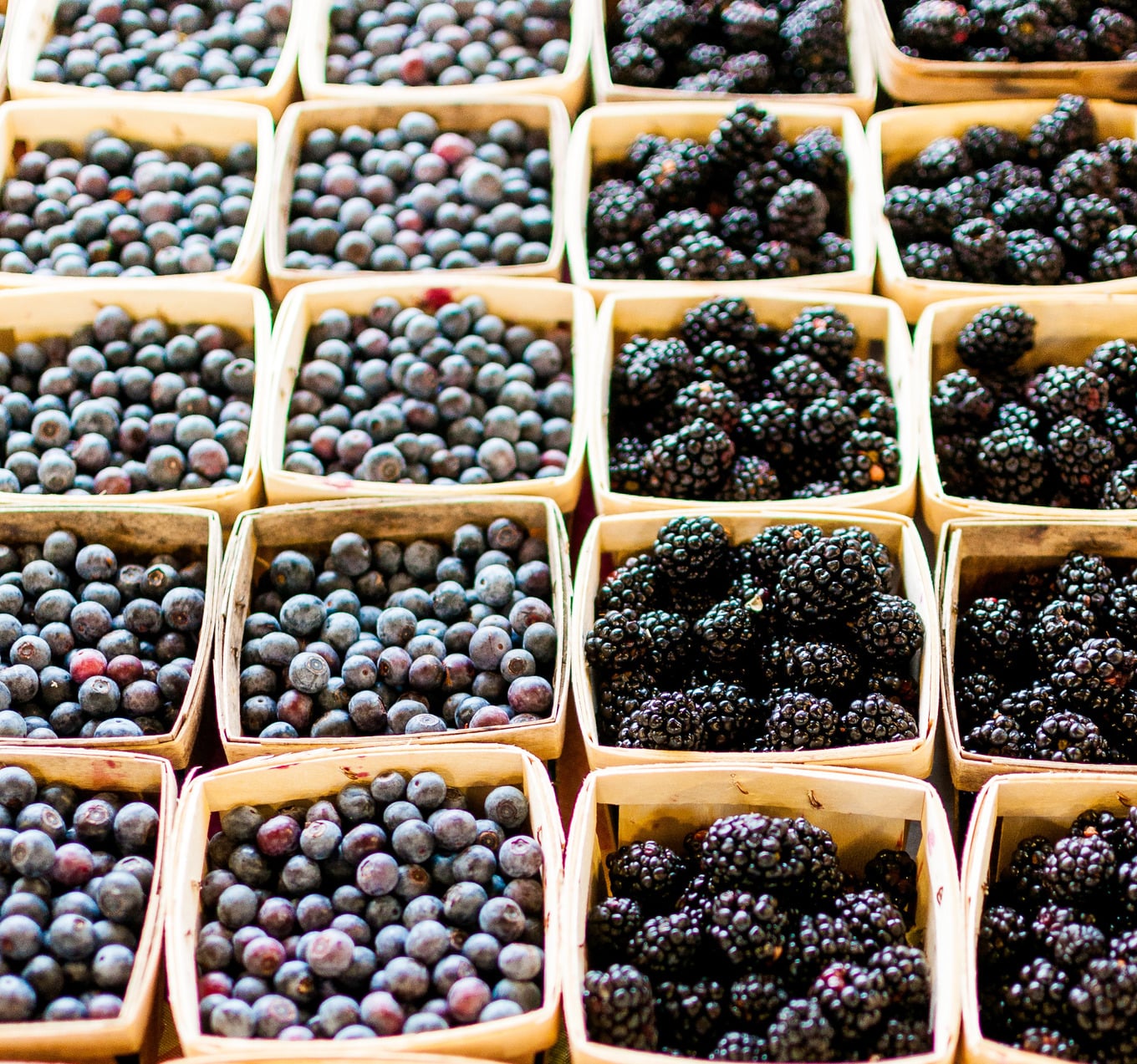 James Trenda/Unsplash
James Trenda/Unsplash
In addition to apples, researchers found blackberries and other plant foods high in the specific flavonoid quercetin to be most effective in reducing frailty risk.
“Specifically, higher quercetin intake was the flavonoid that had the strongest association with frailty prevention,” the authors said. “This data suggests that there may be particular subclasses of flavonoids that have the most potential as a dietary strategy for frailty prevention.”
While people can use these findings to reduce their frailty risk by consuming more apples and blackberries, the study points out that additional research is needed in racially and ethnically diverse participants.
Plant protein to reduce frailty risk
In the recent study, researchers chose to focus on flavonoids to gain a better understanding of dietary interventions for frailty risk, which typically focus on protein intake.
How does plant protein fare in reducing the risk of frailty? A 2022 study published in the scientific publication Journal of Cachexia, Sarcopenia, and Muscle found that replacing animal protein with plant protein is associated with a significantly lower risk of frailty among older women.
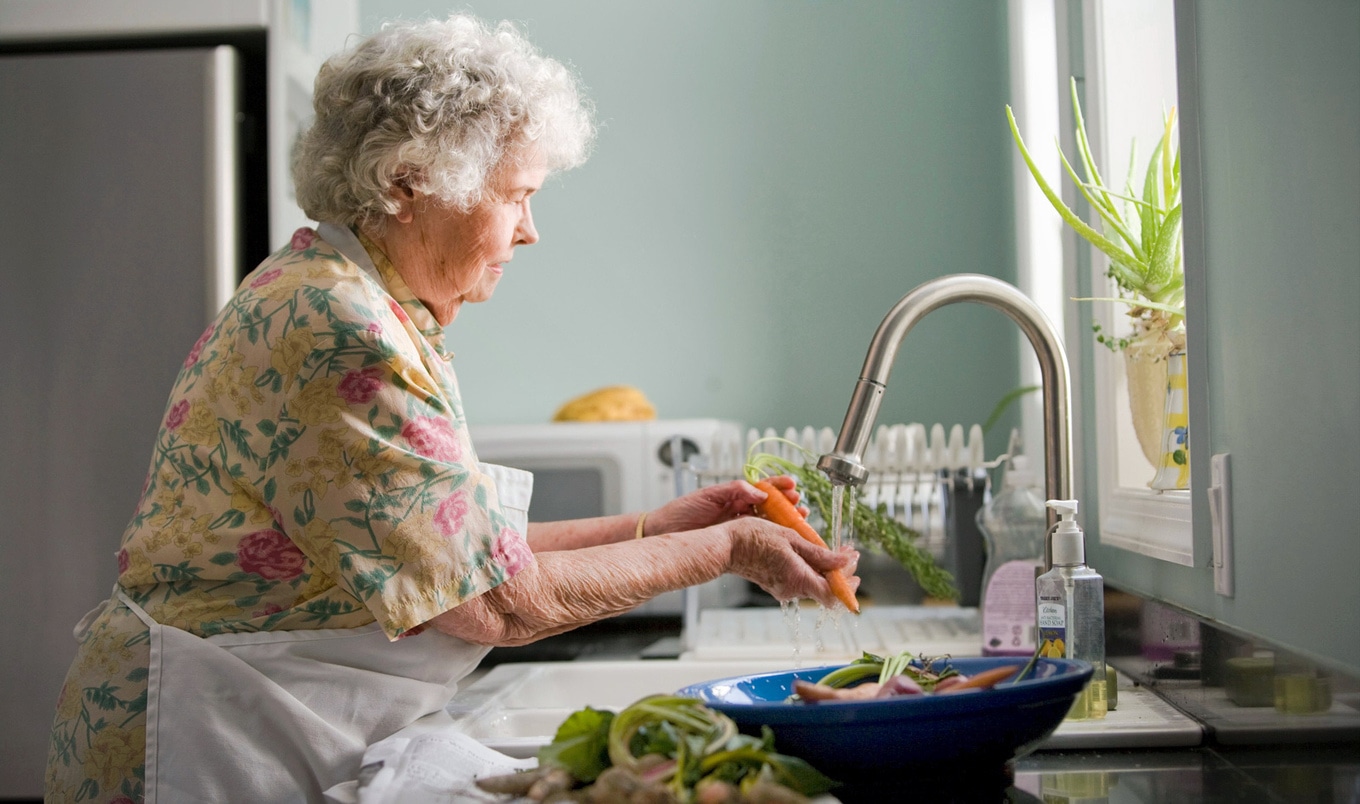 Unsplash
Unsplash
In this study, a comprehensive analysis was conducted using data from more than 85,000 women aged 60 and above who were part of the Nurses’ Health Study. This study holds significant importance as it is one of the largest investigations focused on identifying risk factors for major chronic diseases in women.
To measure dietary protein intake, researchers utilized food frequency questionnaires administered during nine follow-up visits spanning from 1980 to 2010. In total, the researchers identified over 13,000 instances of frailty during the study.
The findings revealed that replacing just five percent of animal protein, dairy protein, or non-dairy animal protein (which includes protein from meat and eggs) with plant protein was linked to a frailty risk reduction of 38 percent, 32 percent, and 42 percent, respectively. Additionally, the study found that substituting dairy protein with non-dairy animal protein was associated with a 14 percent decrease in frailty risk.
This study builds upon previous research on the topic. In 2020, another study was carried out also using data from the Nurses’ Health Study to explore the impact of different diets on the risk of frailty among older women.
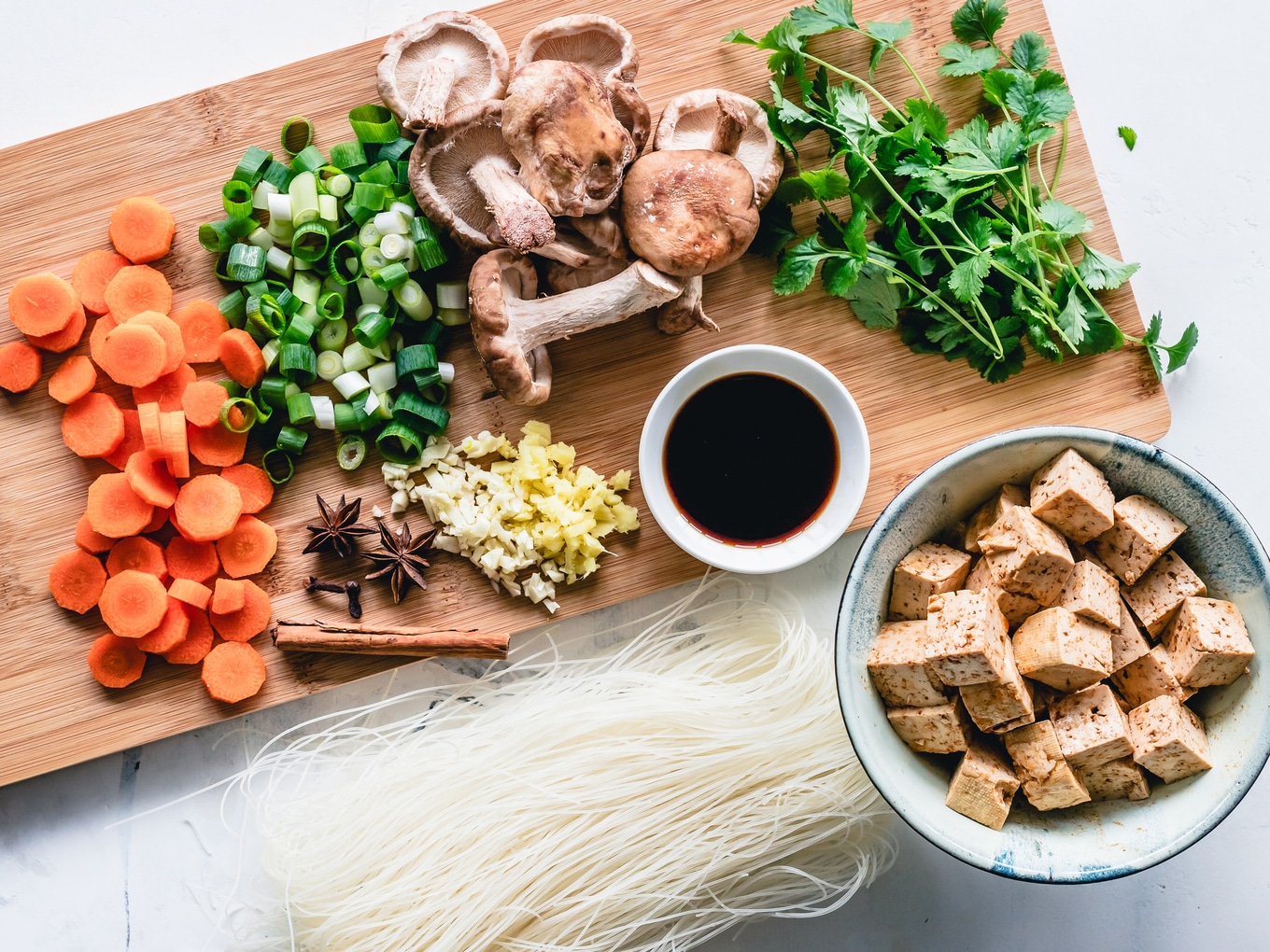 Pexels
Pexels
This particular study focused on three types of diets that emphasize the consumption of whole, plant-based foods: the alternate Mediterranean diet, the Dietary Approaches to Stop Hypertension (DASH) diet, and the alternate Healthy Eating Index.
The findings here revealed that certain components of these diets, such as reduced intake of red and processed meat, lower sodium consumption, and a higher ratio of monounsaturated to saturated fat and vegetable intake, were all associated with a decreased risk of frailty.


